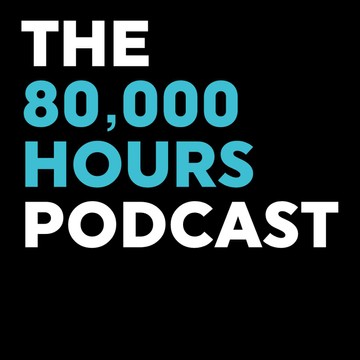

Ezra Karger
Research director at the Forecasting Research Institute and economist at the Federal Reserve Bank of Chicago. Works on forecasting methods and the effects of government policies.
Top 3 podcasts with Ezra Karger
Ranked by the Snipd community

65 snips
Sep 4, 2024 • 2h 49min
#200 – Ezra Karger on what superforecasters and experts think about existential risks
Ezra Karger, research director at the Forecasting Research Institute and economist at the Federal Reserve Bank of Chicago, discusses the complexities of forecasting existential risks like AI and nuclear conflict. He shares insights from the Existential Risk Persuasion Tournament, where predictions from experts and superforecasters revealed striking disparities in extinction probabilities. Karger emphasizes the importance of clear reference points for informed discussions and highlights the need for better forecasting methods to navigate uncertain futures involving advanced technology.

9 snips
Sep 24, 2024 • 44min
Why Does Crime Go Up When School Starts?
Ezra Karger, an economist who investigates crime patterns linked to school schedules, sheds light on a surprising phenomenon: juvenile crime rates spike when school starts. He discusses the complexities of crime behavior among teens, the impact of school environments on delinquency, and intriguing seasonal crime trends. Karger emphasizes the need for further research to understand these dynamics, while also contemplating how factors like bullying and curfews influence students’ experiences and could shape effective crime prevention strategies.

Sep 18, 2024 • 23min
Highlights: #200 – Ezra Karger on what superforecasters and experts think about existential risks
Ezra Karger, an expert on superforecasting and existential risks, dives into the fascinating world of predicting future threats. He discusses why accurate forecasts are crucial for understanding existential risks and highlights the stark disparity between super forecasters and experts on extinction probabilities. The conversation addresses the ongoing disagreements about AI risks and explores how differing worldviews shape these views. Karger emphasizes the practical utility of expert forecasting in navigating these pressing global challenges.


